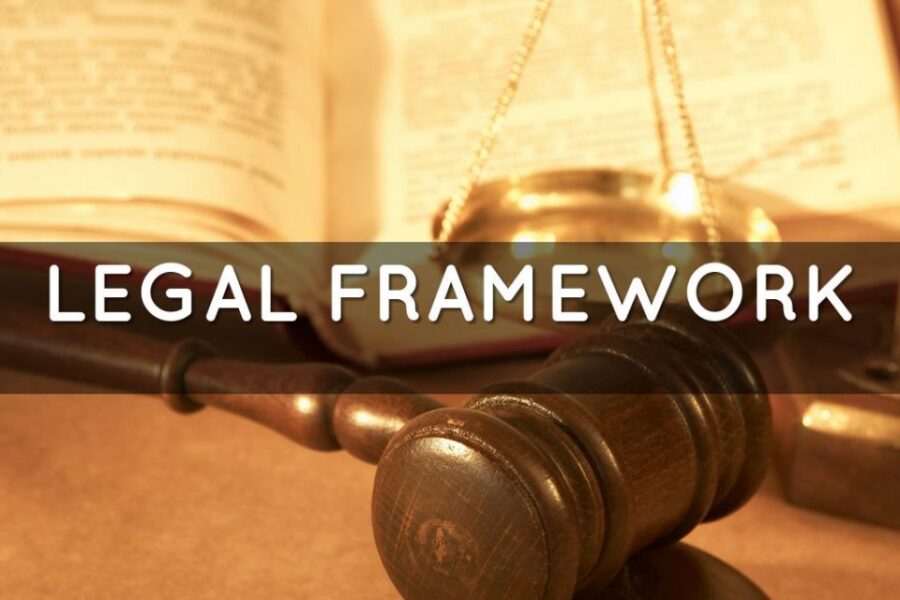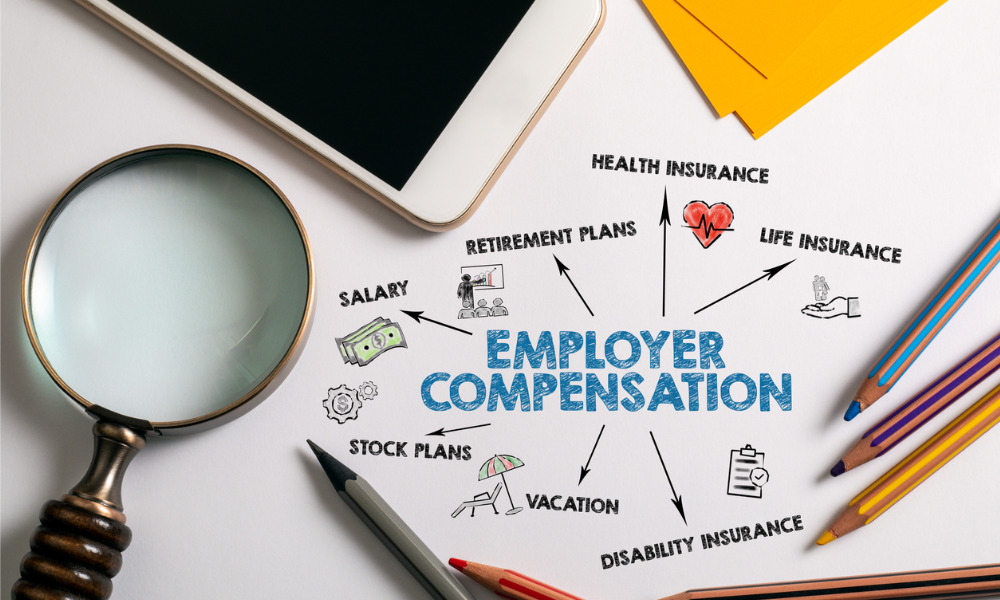Navigating Vietnamese Labor Laws: A Guide for Multinational Companies
Vietnam’s rapid economic development has made it an appealing destination for multinational companies (MNCs) seeking to expand their operations and tap into new markets. However, with opportunities come challenges, particularly in understanding and complying with local labor laws and regulations. Navigating the complexities of Vietnamese labor laws is essential for MNCs not only to ensure legal compliance but also to foster positive labor relations and protect their organizational interests. This guide provides a comprehensive overview of key labor laws, compliance considerations, and best practices for multinational companies operating in Vietnam.
Understanding the Legal Framework
The foundation of labor relations in Vietnam is primarily governed by the Labor Code, which outlines the rights and obligations of both employers and employees. The Labor Code covers various topics, including:
- Employment Contracts: Regulations for drafting, executing, and terminating employment contracts.
- Wages and Working Conditions: Provisions on minimum wage, working hours, overtime pay, and leave entitlements.
- Labor Relations: Guidelines for collective bargaining, union activities, and employer-employee relations.
- Health and Safety: Requirements for maintaining safe and healthy working conditions.
Additionally, various decrees and circulars issued by the government offer detailed guidance on implementing the Labor Code.

Key Aspects of Vietnamese Labor Laws for MNCs
1. Employment Contracts
In Vietnam, every employee must have a written labor contract upon commencement of employment. Key considerations for employment contracts include:
- Types of Contracts: Contracts can be indefinite (permanent) or fixed-term. It’s essential for MNCs to understand the implications of each type and choose accordingly based on their needs.
- Content Requirements: Labor contracts must include essential information such as job description, salary, working hours, and duration. Compliance with local law is critical to avoid future disputes.

2. Salary and Benefits
Vietnam’s labor laws set specific regulations concerning salaries and employee benefits:
- Minimum Wage: The government establishes minimum wage rates, which vary by region and industry. Employers must ensure compliance with these standards.
- Salary Payment: Salaries should be paid monthly and must be clearly specified in the employment contract. Overtime payment must be made for hours worked beyond the standard working hours.
- Social Insurance: Employers are obligated to register employees for social insurance, which includes contributions to health insurance, pension funds, and unemployment insurance. This is a crucial aspect of compliance that protects employees and supports their rights.
3. Working Hours and Leave Entitlements
Employers must adhere to regulations regarding standard working hours and leave provisions:
- Standard Working Hours: The normal working time should not exceed 48 hours per week, with a maximum of 8 hours per day.
- Overtime Regulations: Overtime is permitted but must be compensated at a higher rate. Specific rules govern how much overtime can be assigned and under what conditions.
- Leave Provisions: Employees are entitled to various types of leave, including annual leave, sick leave, maternity leave, and public holidays. Familiarity with these entitlements is crucial for compliance.
4. Labor Relations and Dispute Resolution
Promoting healthy labor relations is critical for organizations. Multinational companies should be aware of various aspects of labor relations:
- Trade Union Involvement: Employees have the right to join trade unions, which play a crucial role in representing workers’ interests. Companies should engage collaboratively with unions to foster positive labor relations.
- Dispute Resolution Mechanisms: Vietnam has specific procedures for resolving labor disputes. Employers should be prepared to address grievances promptly through mediation, arbitration, or court proceedings. Failure to address disputes can lead to significant legal and operational challenges.
- Compliance with Labor Laws: Implementing effective HR policies that detail grievance procedures, communication pathways, and conflict resolution ensures compliance with labor regulations and minimizes workplace tension.
5. Health and Safety Regulations
MNCs must ensure a safe working environment for their employees in compliance with local health and safety regulations:
- Occupational Safety: Employers are responsible for providing a safe and healthy workplace, conducting regular risk assessments, and implementing necessary safety measures.
- Training and Awareness: Providing training to employees regarding workplace safety regulations is necessary to minimize accidents and promote a culture of safety.
Compliance Consulting for Foreign Workers
For MNCs operating with foreign workers in Vietnam, compliance consulting becomes paramount. Engaging in compliance consulting offers several benefits:
- Navigating Legal Complexities: Compliance consultants specializing in Vietnamese labor law can help multinational companies effectively navigate local regulations and ensure adherence, thereby avoiding legal pitfalls.
- Documentation Support: Consultants can assist in preparing necessary documentation for hiring foreign workers, including work permits and residence cards, ensuring compliance with legal processes.
- Training and Implementation: Providing training sessions for HR personnel and management on local labor laws, employee rights, and compliance protocols ensures that everyone is on the same page regarding legal obligations.

Best Practices for Multinational Companies
To effectively navigate the complexities of Vietnamese labor laws and maintain compliance, multinational companies should adopt the following best practices:
- Engage Local Legal Expertise: Employing local legal counsel or compliance consultants who understand the intricacies of Vietnamese labor laws can provide invaluable guidance and help prevent compliance issues.
- Develop Comprehensive HR Policies: Create detailed human resources policies that outline compliance protocols, employee rights, and procedures for managing labor relations. These policies should be regularly reviewed and updated to reflect current laws.
- Educate Employees: Foster awareness about labor rights and local laws among employees. Educated employees are better equipped to understand their rights and responsibilities, contributing to a more harmonious workplace.
- Conduct Regular Audits: Performing regular compliance audits of employment practices and contracts can help identify and address potential issues before they escalate into legal disputes.
- Promote Open Communication: Creating a culture of transparency where employees feel comfortable voicing concerns can help resolve potential disputes before they escalate.
- Crisis Management Plans: Establish plans to address potential labor disputes and crises, including communication strategies, response protocols, and engagement with relevant legal counsel.

Conclusion
Navigating Vietnamese labor laws presents challenges and opportunities for multinational companies operating in the country. By understanding key legal frameworks, prioritizing compliance, and implementing best practices in human resource management, companies can foster positive labor relations and mitigate risks associated with non-compliance. Engaging legal and compliance consulting services can streamline processes, protecting both the organization and its employees. Ultimately, fostering a compliant and harmonious workplace is key to achieving long-term success and sustainability for MNCs in Vietnam.
